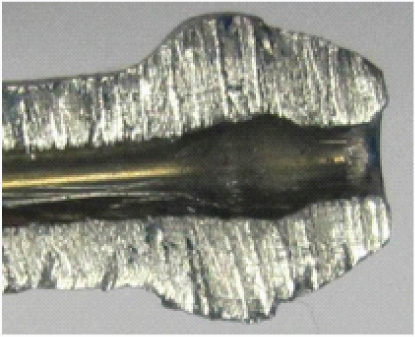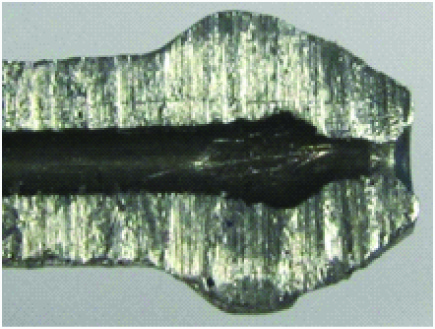Resource Highlights
In this article you will find out about the importance of renewing High Pressure Pipes.
Make | Model | System |
Audi | All Common Rail applications | Diesel Systems |
Alfa Romeo | All Common Rail applications | Diesel Systems |
BMW | All Common Rail applications | Diesel Systems |
Citroen | All Common Rail applications | Diesel Systems |
Dacia | All Common Rail applications | Diesel Systems |
Fiat | All Common Rail applications | Diesel Systems |
Ford | All Common Rail applications | Diesel Systems |
Honda | All Common Rail applications | Diesel Systems |
Hyundai | All Common Rail applications | Diesel Systems |
Jaguar | All Common Rail applications | Diesel Systems |
Kia | All Common Rail applications | Diesel Systems |
Land Rover | All Common Rail applications | Diesel Systems |
Nissan | All Common Rail applications | Diesel Systems |
Peugeot | All Common Rail applications | Diesel Systems |
Skoda | All Common Rail applications | Diesel Systems |
Suzuki | All Common Rail applications | Diesel Systems |
Ssangyong | All Common Rail applications | Diesel Systems |
Toyota | All Common Rail applications | Diesel Systems |
Vauxhall | All Common Rail applications | Diesel Systems |
VW | All Common Rail applications | Diesel Systems |
Volvo | All Common Rail applications | Diesel Systems |
Importance of Renewing High Pressure Pipes | It is important to consider renewing the high pressure pipes on Common Rail systems after any intervention on the high pressure system. This is for a number of reasons: 1. To prevent leakage.When a pipe gland is tightened on first application, the surface of the sealing dome is deformed to provide a tight seal between the pipe and injector / rail / pump components. If the pipe is subsequently re-used the pipe further deforms but is also work hardened so a tight seal is more difficult to achieve. 2. To prevent dirt or swarf ingress.When a screw thread is tightened, minute particles of swarf are generated and are encased within the grooves of the screw thread. When the thread is released these particles are free and subsequent re-use may dislodge these particles and contaminate the component being worked on. 3. Hydraulic performance.When the pipe gland nut is tightened the dome of the pipe deforms. Subsequent re-use will continue to deform the sealing edge as described above. However, the other consideration is that the bore of the pipe deforms and can cause restriction of flow, which in turn affects performance of the fuel system and also the engine. |
Figure 1 | The pipe in figure 1 shows a cross-section of a pipe after single use and the bore is unrestricted. |
Figure 2 | Figure 2, however, shows a pipe after multiple uses and clearly the pipe diameter is restricted. |
Safety First | When fitting pipes after repair it is imperative that the correct torque is applied to the gland nut. Exceeding the torque risks the scenario in figure 2 as the pipe will excessively deform, but also not achieving the correct torque will risk high pressure leaks. In all cases respect health and safety when working on high pressure systems and ensure the operatives are correctly trained in the service routines for Common Rail systems. |
Further Information | Read the relevant Common Rail workshop manual on Direct Evolution:
|
Tools & Equipment |
|
SIGN UP
TO FIND OUT MORE
Fill out your details to hear more from our experts and get the latest updates from Delphi.




